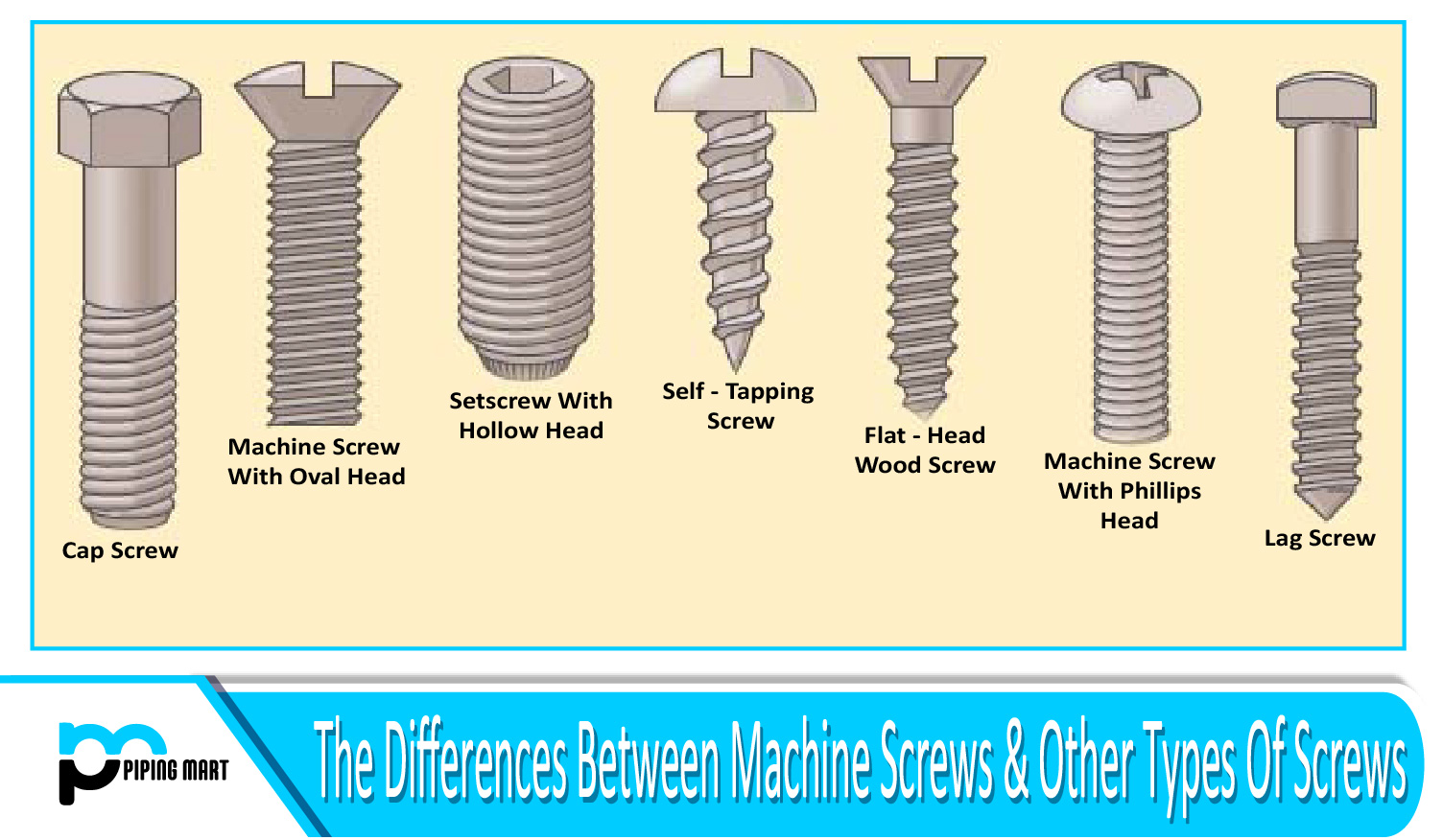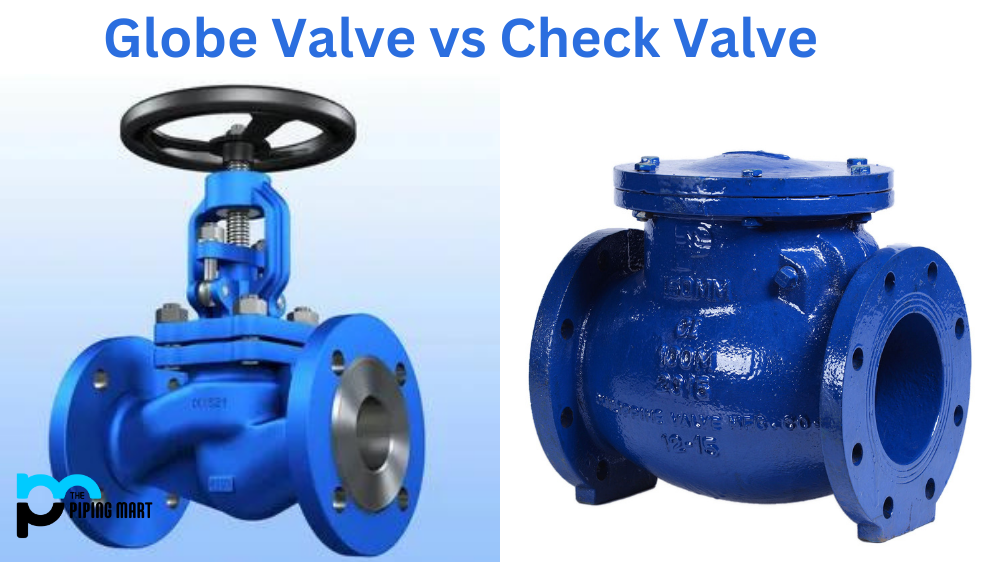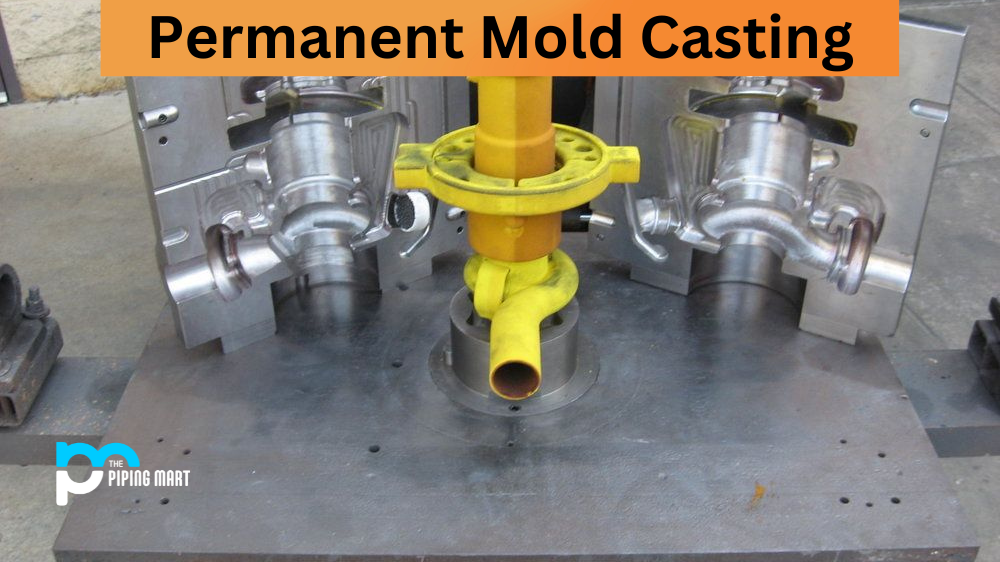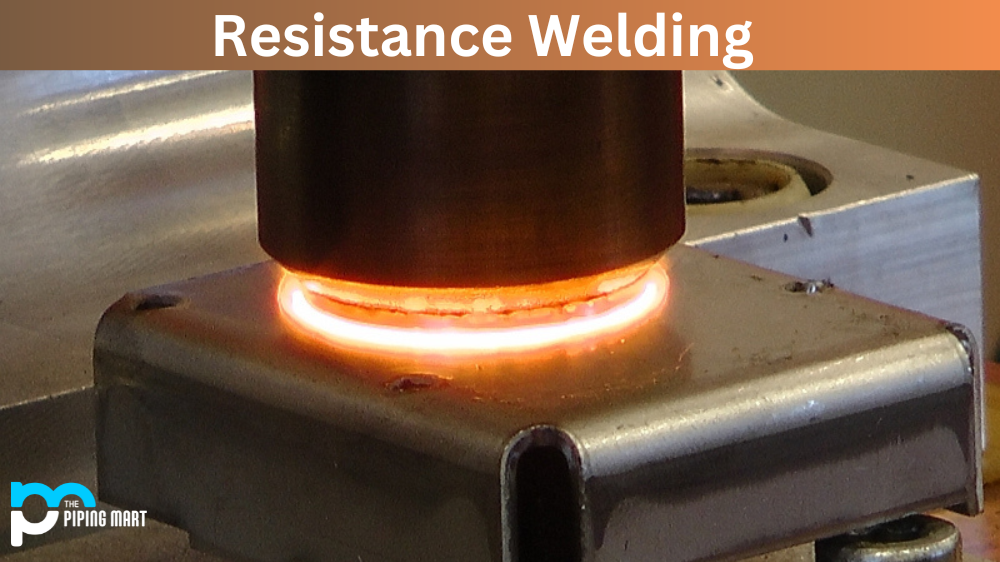While designing anything, it is necessary to decide on the type of fastener that you will be using for it. This particular thing must go right from the start because the quality of the outcome is decided by it. If you do not know fasteners, you will easily choose the wrong one since so many options exist. The key to going right with this one is, understanding the primary purpose for which you will be using the fasteners and then deciding and using the correct ones for that particular role.
Machine screws are very different from the other types of fasteners. Examples of these are Nitronic 50 Philips screws and Inconel hex log bolts. Machine screws and normal ones have a huge difference, so exchanging them can never be a good idea. Some of these differences are:
They are usually Threaded to preexisting Holes: one significant difference between the machine screws and the other screws is that the machine screws are typically used in threaded holes. Just like most other types of screws available in the market, these also create a hole when you drive them into the material. These screws are directly driven into the thread, which is a massive benefit because it results in stronger joints. This, in turn, results in the quality of the product being higher.
Their Application: Machine screws are typically more robust than other screws since they are designed and made to hold together parts of electronics, engines, and industrial equipment.
The Threading: There are various differences between machine screws and regular screws when you compare the threading of both types. One of the differences is that they do not have a thread on the complete length of the screw shaft. To add to this, machine screws are usually designed to have two types of threads: Fine thread and coarse thread. The machine screws with coarse threads typically have 24 threads per inch, whereas the ones with fine threads usually come with 32 threads per inch. Machine screws with different thread counts can be made, but these are custom-made and rare.
The heads: The heads of machine screws are similar to that of other fasteners. For example, if a tamper-proof screw has to be put in place, a machine screw with a custom-made head might be required.
As mentioned above, there are various types of screws in the machine and the others. These points must be considered before choosing any screw for a particular use.

Pipingmart is B2B portal specializes in industrial, metal and piping products. Also, share latest information and news related to products, materials and different types grades to help business dealing in this industry.




